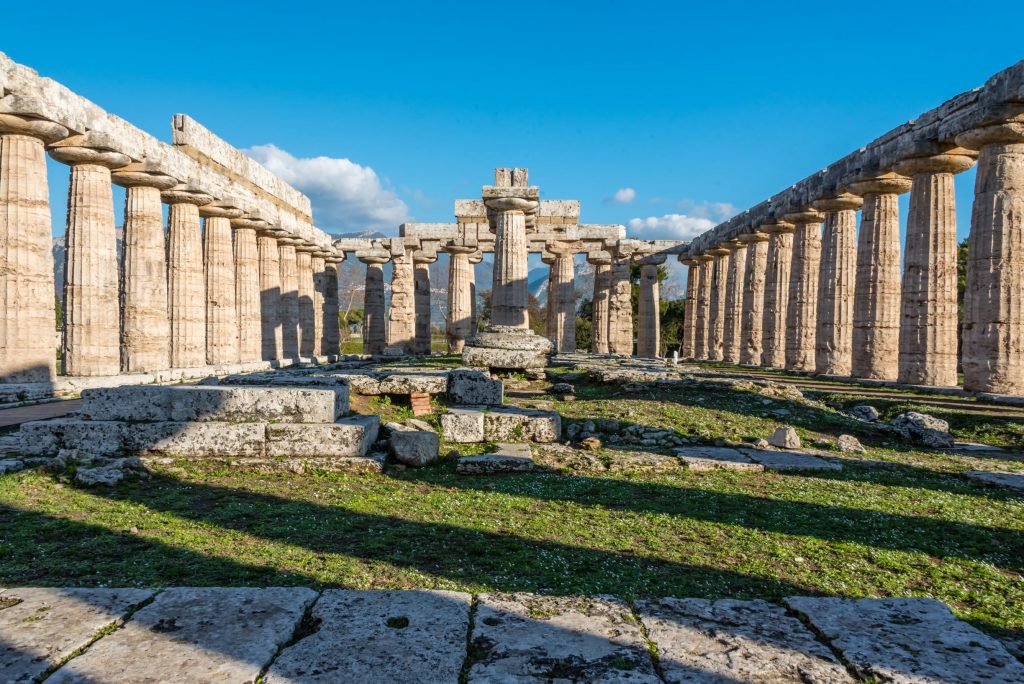Self-isolation doesn’t have to be boring! Get ready for first year study with these suggestions from our academics
Taster lectures
In times of virus, isolation, and lockdown, we can take many lessons from the way in which ancient societies – Greek, Roman, Egyptian – coped with disease, its social consequences, and its aftermath. Find out more in our ‘Plagues in the Ancient World’ series, hosted by staff the department of Classical & Archaeological Studies:
- In part one, Dr Ada Nifosi takes us back to the earliest origins of formal Western literature: Homer’s monumental epic poem, ‘The Iliad’.
- In part two, Dr Csaba La’Da reflects upon the horrific Plague of Athens of 430-426 during the great war between Athens and Sparta, in which disease up to a third of the Athenian population are estimated to have died – ultimately paving the way to its final, humiliating defeat in 404 BC.
- In part three, Dr Rosie Wyles explains how we today, just like the audience of Sophocles’ play over 2,000 years ago, can take courage and inspiration from the way in which Greek Tragedy forces its audience to face their fears.
- In part four, Dr Kelli Rudolph explains how the Roman poet Lucretius, indebted to Epicurean philosophy, reflects on the nature of death and offers us models of comfort and solace in times of disease.
- In part five, Dr Anne Alwis explores how Saint Sebastian, a Roman soldier, became a symbol of hope in times of plague.
- In part six, Dr Luke Lavan explores how in Late Antiquity – in the Roman Empire of the fourth century AD onward – societies coped with mass deaths, with accompanying changes in funeral practices and societal expectations.
- In part seven, Dr Efrosyni Boutsikas tells the story of the Temple of Apollo Epikourios: Apollo the Helper. The Temple, built by some of the most famous Greek architects in the latter half of the 5th century BC, is a remarkably unique testament to the ways in which ancient peoples bounced back and marked their resilience by publicly thanking the gods for saving them – so they believed – from plague and disaster.
Stuck at home with not much to do? Looking to get yourself ready for first year study? Have a look through the following list of recommendations of things to read, listen to and watch from the Department of Classical & Archaeological Studies.
- Very Short Introduction to Classics
- http://irisonline.org.uk/ – an excellent journal for classical studies focused on students at secondary school level.
- https://eidolon.pub/ – an online Classics Journal, with specific links to:
Ancient Medicine
- Ancient Medicine and Fetal Personhood, by Tara Mulder
- Diseasing the Female: The Rhetoric of Menstruation, from Hippocrates to the Present, by Zoe Adams
- Fat Classics, by Helen Morales
- “The Best Doctor is Also a Philosopher”: Galen on Science and the Humanities, by Ralph Rosen
Classical Mythology
- Classical Tragedies That Could Have Been Prevented With Smartphones: A Retrospective, by Yung In Chae
- Do Arrows Kill People or Does Hercules Kill People?, by Michael Goyette
- Sing, Goddess, the Story of Tonight: Love Triangles and Narrative in Hamilton and the Iliad, by Mark Buchan
- Spinning Out of Hades: A Journey from the Thesmophoria to Spin Class, by Kourtney Murray
- Zeus and Friends, by Andrew Tobolowsky
Greek Civilisation
- Black Athena, White Power: Are We Paying the Price for Classics’ Response to Bernal?, by Denise McCoskey
- Spinning Out of Hades: A Journey from the Thesmophoria to Spin Class, by Kourtney Murray
- Why is Stoicism Having a Cultural Moment?, by Chiara Sulprizio
- Why Thucydides?, by Neville Morley
Roman Civilization
- 10 Common Misconceptions About Ancient Rome: How Many of These “Facts” Do You Erroneously Believe?, by Sarah Scullin
- Avenging Lucretia: From Rape To Revolution, by Joanna Kenty
- Erasing History? The Roman Way to Memorialize a Painful Past, by Stephen Blair
- Refugees by Fate, Founders by Choice, by George Saad
- The Art of Resistance: Rereading Ovid in the Wake of Silent Sam, by Kelly McArdle
- What Will Far-Future Archaeologists Think of Our “Papyri”?, by Ben Thomas
- Barbarians Inside the Gate: Fears of immigration in ancient Rome and today (Part 1)and Immigrant labor and its discontents (Part 2), by Dan-el Padilla Peralta

